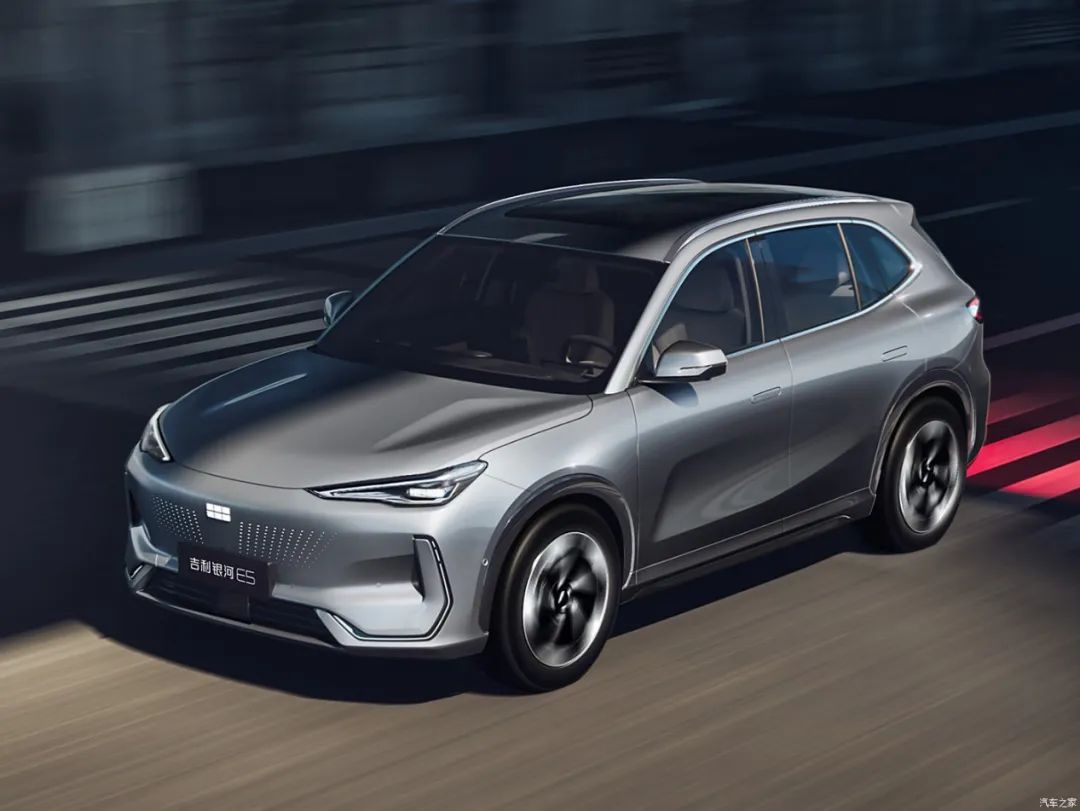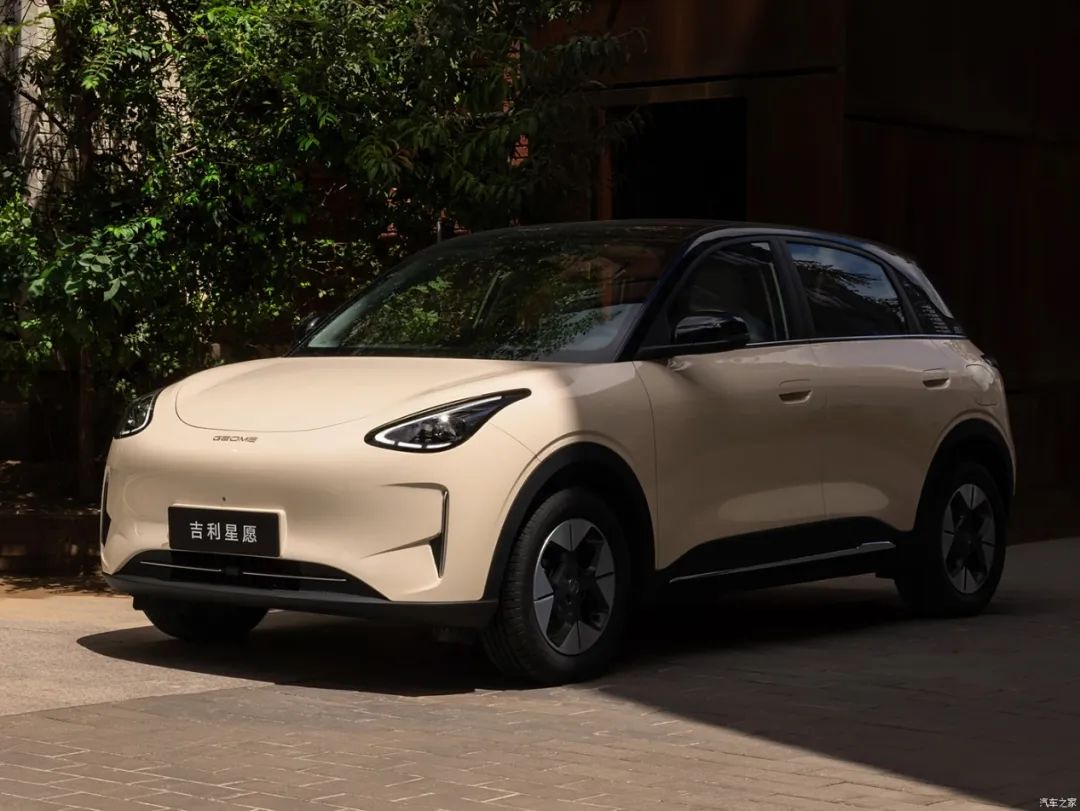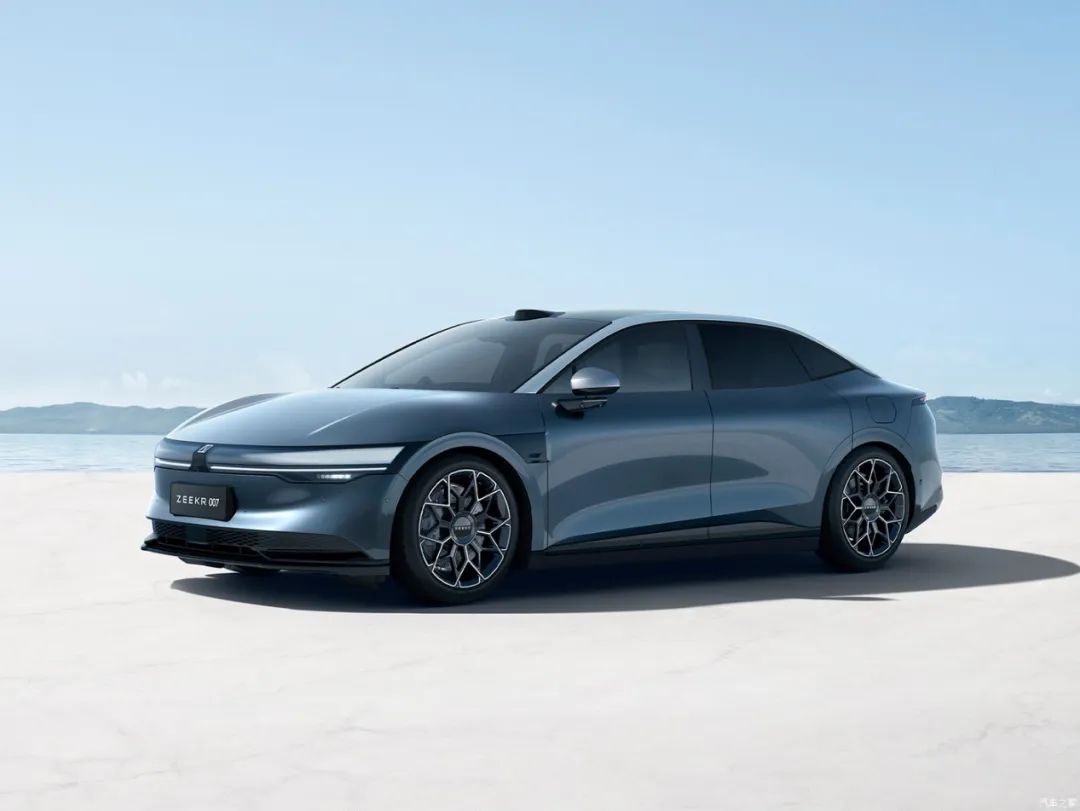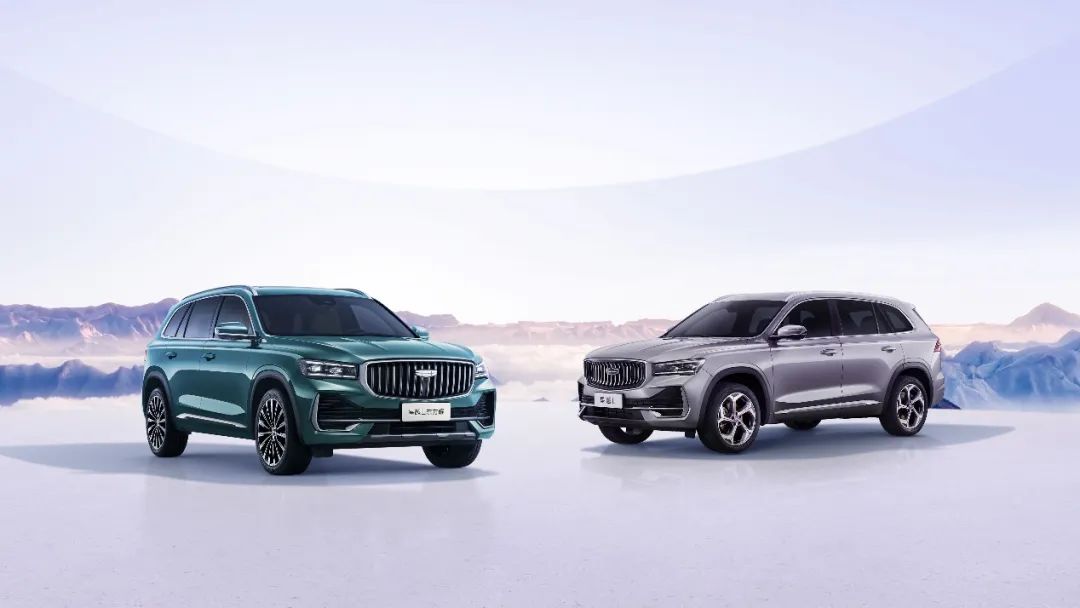Geely's new energy vehicle sales surge, showcasing the success of its independent electrification transformation
![]() 11/26 2024
11/26 2024
![]() 380
380
Introduction | Lead
Recently, Geely Automobile announced its sales data for October, recording a monthly sales volume of 226,600 units, setting a new record for the highest monthly sales in Geely's history. Among them, sales of new energy vehicles reached 108,722 units, marking the first time Geely's new energy vehicle sales have exceeded 100,000 units in a single month. As a domestic traditional automaker, Geely's rapid progress in the electrification transformation process is astonishing.
Produced by | Heyan Yueche Studio
Written by | Cai Jialun
Edited by | He Zi
1794 words in total
3 minutes to read
Looking at the domestic new energy vehicle market, this year's "Golden September and Silver October" period has been particularly prosperous, with the policy winds of "trade-in" promotions ushering in the busiest season of the year for the domestic market. Among traditional automakers, in addition to BYD, automakers like Geely are also beginning to stand out. According to data released by Geely, from January to October this year, Geely's cumulative sales of new energy vehicles reached 654,500 units, an increase of over 91% year-on-year. Geely Automobile has achieved a balance between traditional fuel vehicles and new energy vehicles.

△Geely's cumulative sales of new energy vehicles reach 654,500 units
Collaborative Development of Main and Sub-brands
In the field of new energy, Geely has adopted a multi-brand strategy. Facts have proven that creating different brands for different market segments to occupy more market share is indeed an effective means of boosting sales. Just as BYD uses the Dynasty and Ocean series as its mainstay for family cars, Denza as its premium brand, and the Up series as its luxury flagship, Geely also has its own brand layout: Geely Yinhe and Geometry are mainly targeted at the family car and ride-hailing markets; Lynk & Co and Zeekr are aimed at the premium market, with young consumers as the main force; and Polestar, in cooperation with Volvo, targets the high-performance pure electric vehicle segment.
As Geely Yinhe's main brand for the family car market, sales reached 63,492 units in October, surpassing new energy vehicle startups like NIO, Xpeng, and Li Auto. Geely Yinhe's two best-selling models, the Yinhe E5 and Geely Xingyuan, contributed the majority of sales. The Yinhe E5 alone sold 15,730 units in October, and as of November 11, deliveries of this model surpassed 50,000 units within 100 days of its launch. Such data is impressive even among new energy vehicle startups, let alone models launched by traditional automakers after their transformation. As an A0-class pure electric car, the Geely Xingyuan demonstrates excellent overall performance in various aspects, with deliveries exceeding 20,000 units within just 33 days of its launch.

△The A0-class pure electric car Geely Xingyuan becomes a popular model
Geely has successfully launched two popular models, and the core of its success lies in its precise grasp of market positioning. The Yinhe E5 competes with BYD's Yuan PLUS, and the Geely Xingyuan competes with BYD's Dolphin, but both models excel in size and configuration. It can be said that these two models were born with the mission of competing with BYD.
Only by firmly occupying the family car market can Geely stabilize its new energy vehicle foundation. Geely's new energy vehicles are flourishing everywhere, and the dual-star plan of Lynk & Co and Zeekr is also shining brightly in the premium new energy vehicle segment. In October, Lynk & Co sold 19,992 new energy vehicles, an increase of over 82% year-on-year, while Zeekr delivered 25,049 units, an increase of 92% year-on-year. Despite previous negative news about Zeekr's alleged betrayal of early adopters, which negatively impacted overall sales, Zeekr's quick adjustments have brought its sales back to their peak.

△Lynk & Co and Zeekr "dual stars" impact the premium new energy market
Electrification is inevitable
In October this year, BYD stood out with outstanding sales of over 500,000 units, becoming a leading brand that many automakers aspire to but cannot reach. It seems that many people have forgotten about BYD from years ago, which first transformed from a battery factory to an automaker. BYD seized the opportunity and did not linger in the fuel vehicle sector but quickly transformed, paving the way for future success. Currently, Geely and Changan's independent automakers are in a critical period of electrification transformation and have achieved certain results. Changan Automobile covers most market segments through its sub-brands Deep Blue and AITO, with Deep Blue selling over 28,000 units in October and AITO selling over 10,000 units in January. Currently, traditional automakers such as GAC, Great Wall, and Chery are also accelerating their transformation. On the one hand, they are gradually making breakthroughs in self-research technology, and on the other hand, they are actively seeking cooperation with internet companies such as Huawei and Baidu to create smarter systems that better suit new energy vehicles, thereby enhancing brand competitiveness.
During the electrification transformation process, technology has become a core element. At the recent World New Energy Vehicle Congress, Geely Automobile launched its new generation of Leishen Super Hybrid System and Shendun Dagger Battery, while also showcasing its GEA Global Intelligent New Energy Architecture. These are essential technologies for traditional automakers in the transformation process: batteries, electric drive systems, and architectures for new energy vehicles. In addition to Geely Automobile, SAIC has the Nebula pure electric exclusive serialized platform, Chery has the Kunpeng DHT hybrid system, and so on. Each automaker is building its own platform and technology.
However, at present, the biggest shortcoming of most traditional automakers' new energy products compared to new energy vehicle startups is their intelligence. This is also why most traditional automakers actively cooperate with internet companies. There is still a gap in reaching the level of new energy vehicle startups in terms of intelligent driving in the short term. Although Geely's electrification transformation process is indeed rapid, intelligence will also be an important criterion for evaluating new energy vehicles in the future. Can Geely catch up with the times in a short period? This remains to be seen.

△The electrification transformation of traditional automakers is accelerating
Commentary
The electrification process of domestic traditional automakers is gradually accelerating. At the same time, many foreign traditional automakers are still stagnant and have even considered returning to the "fuel era." From an attitudinal and ideological perspective, domestic traditional automakers are highly motivated to transform towards electrification and have achieved certain results. However, to make further progress, they need to continue exploring the field of intelligence.
(This article is original content from Heyan Yueche and may not be reproduced without authorization)








